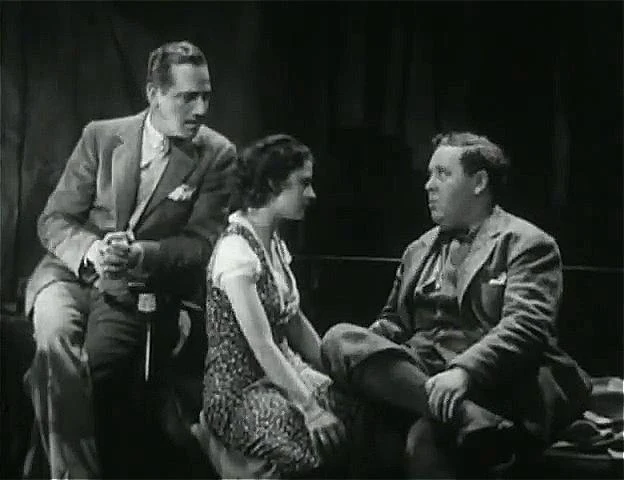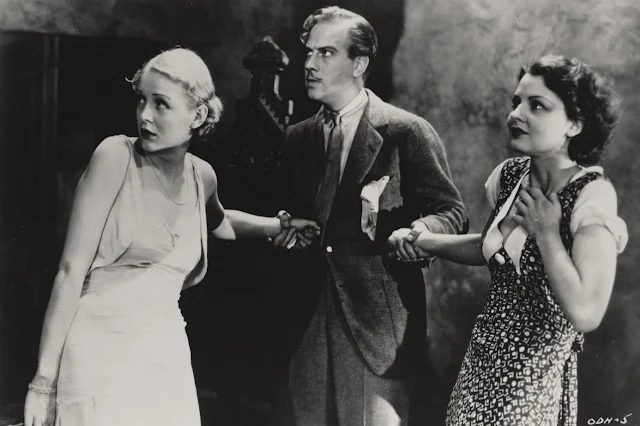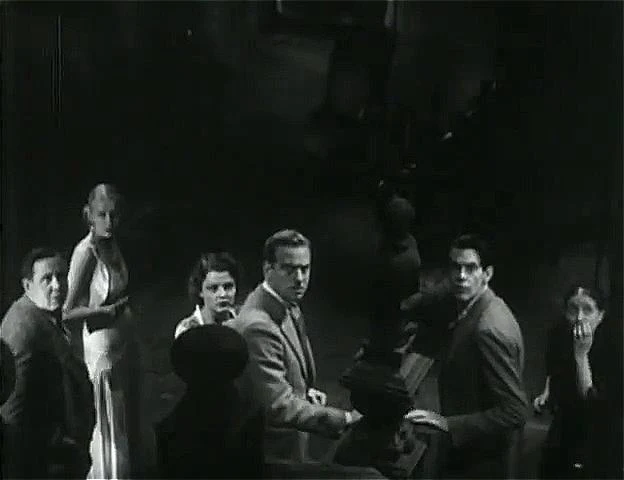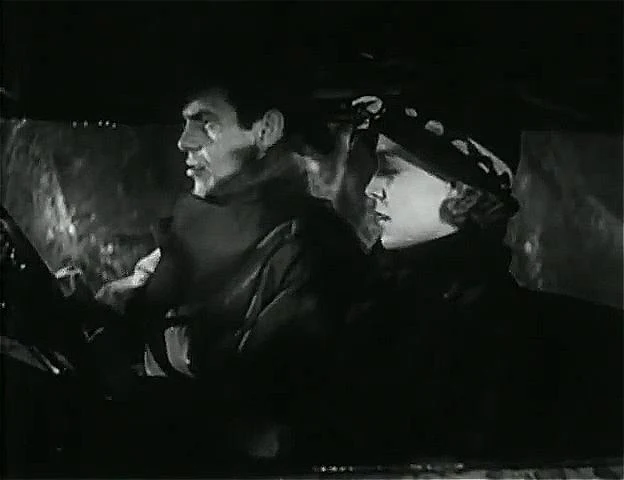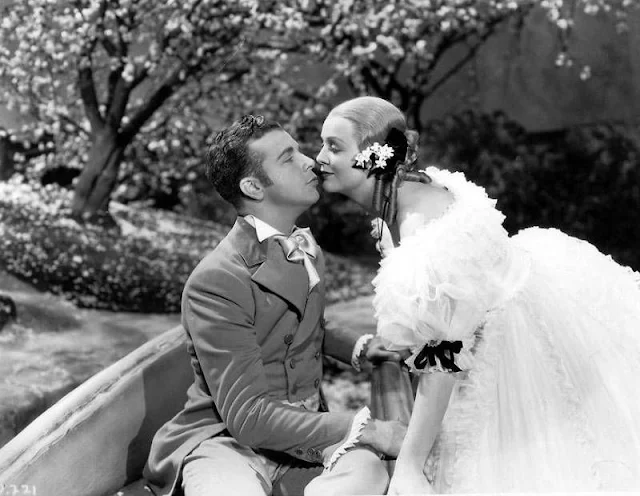The Invisible Man (James Whale, 1933)
Cast: Claude Rains, Gloria Stuart, William Harrigan, Henry Travers, Una O’Connor, Forrester Harvey, Holmes Herbert, E.E. Clive, Dudley Digges, Harry Stubbs, Donald Stuart, Merle Tottenham. Screenplay: R.C. Sheriff, based on a novel by H.G. Wells. Cinematography: Arthur Edeson. Art direction: Charles D. Hall. Film editing: Ted J. Kent. Music: Heinz Roemheld.
Of all the superpowers, including strength, speed, and flight, I think invisibility may be the most desired – and the most dangerous. The only obvious inconvenience is that for it to work, you’d have to be naked. (And as Claude Rains’s Dr. Jack Griffin suggests, you’d have to have a completely empty intestinal tract.) But the H.G. Wells novel and the 1933 film based on it seem to be designed as a warning to be careful what you wish for. The potion that gives Dr. Griffin his superpower also drives him mad, freeing him from any inhibitions against mayhem and murder. This may be my favorite among the classic Universal horror movies, more polished than Dracula (Tod Browning, 1931), less campy than Frankenstein (James Whale, 1931). Its chief flaw is that the part given to Gloria Stuart as Griffin’s girlfriend calls for her to do little more than fret and shriek. She does both well, but the role adds nothing to the narrative or the suspense. Much better are the gaggle of character actors assembled to play the villagers freaked out by the Invisible Man, especially the invaluable Una O’Connor as his landlady, whose own fretting and shrieking almost seem like a parody of Stuart’s. This was Rains’s American film debut, the more remarkable in that his face is seen only at the end of the film. He’s forced to do all of his acting with his voice, which would not have been familiar to the original audiences though it’s certainly recognizable to us today. It was enough to launch one of the great film careers.
.jpg)






.jpeg)







